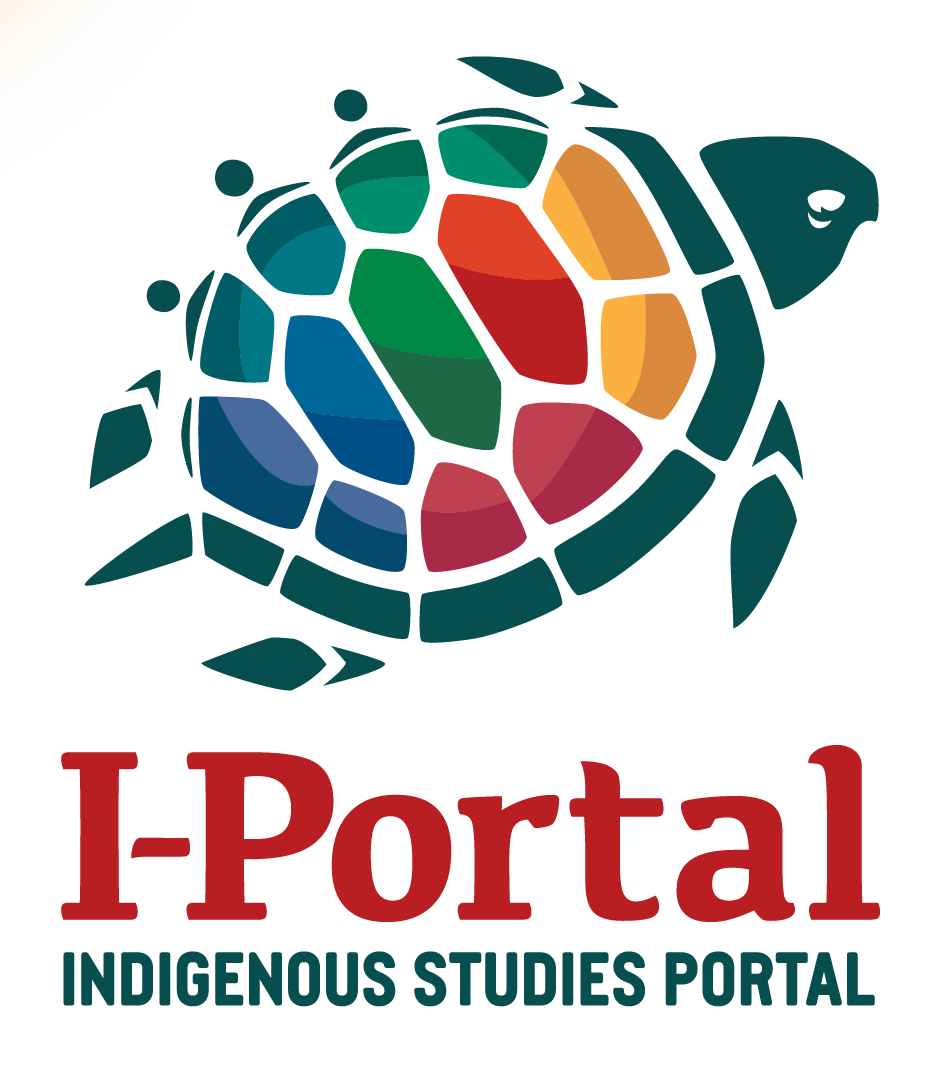Fieldwork in Courtroom 53: A Witness to Delgamuukw v. B.C.
Articles » Scholarly, peer reviewed
Author/Creator
Robin Ridington
BC Studies, no. 95, Anthropology and History of the Courts, Autumn, 1992, pp. 12-24
Description
Discusses court case and Justice Allan McEachern's rejection of expert testimony showing Aboriginal land ownership through oral histories.
